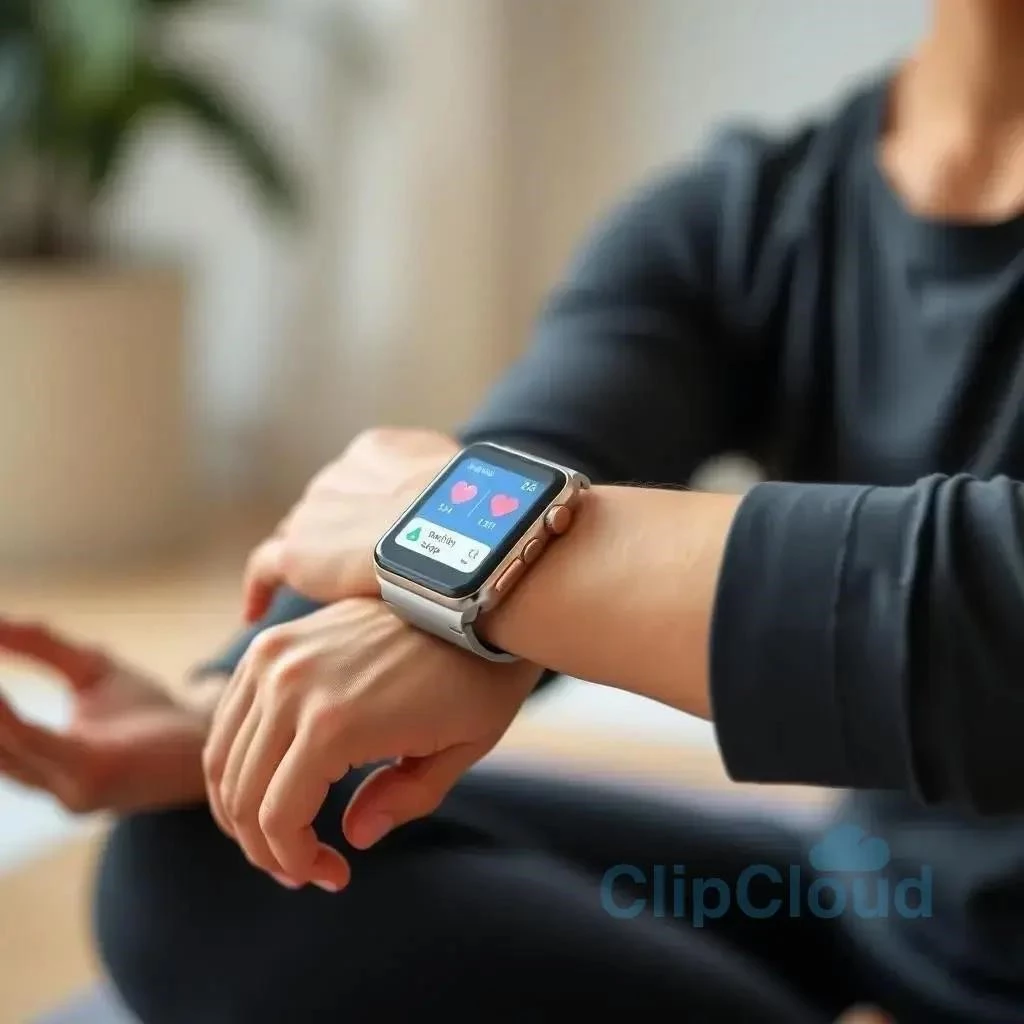The Rise of Wearable Technology in Healthcare
Wearable technology has revolutionized healthcare, offering unprecedented insights into individual well-being. From smartwatches to fitness trackers, these devices empower users to monitor their health in real-time; This accessibility has fueled a surge in proactive health management, enabling early detection and personalized interventions.
Tracking and Monitoring Key Health Metrics
Wearable devices have become indispensable tools for tracking vital health metrics, providing a continuous stream of data that empowers individuals to understand their bodies better. These devices capture a wide range of physiological data, including heart rate, sleep patterns, activity levels, and even blood oxygen saturation. This comprehensive tracking offers a detailed picture of an individual’s health status, enabling proactive management and informed decision-making.
Heart rate monitoring, a cornerstone feature of many wearables, provides insights into cardiovascular health, allowing users to identify irregularities and potential risk factors. Sleep tracking analyzes sleep stages, duration, and quality, helping users optimize their sleep hygiene for improved overall well-being. Activity levels are meticulously recorded, motivating users to stay active and achieve their fitness goals. Sophisticated wearables even measure blood oxygen levels, providing crucial information about respiratory function and potential health issues.
The continuous monitoring capability of these devices offers a significant advantage over traditional, sporadic health assessments. By capturing data throughout the day and night, wearables provide a holistic view of an individual’s health, revealing trends and patterns that might otherwise go unnoticed. This granular data allows for early detection of potential health problems, enabling timely interventions and preventing serious complications.
Personalized Health Insights and Recommendations
Wearable technology goes beyond simply tracking health metrics; it empowers users with personalized insights and actionable recommendations. By analyzing the collected data, these devices provide tailored guidance to improve overall well-being. This personalized approach is transforming healthcare from a reactive to a proactive model, enabling individuals to take control of their health journey.
Sophisticated algorithms process the data gathered by wearables, identifying patterns and trends specific to each user. These insights can reveal correlations between lifestyle choices and health outcomes, empowering individuals to make informed decisions. Personalized recommendations might include suggestions for improving sleep quality, increasing physical activity, managing stress levels, or even adjusting dietary habits. This tailored guidance ensures that the advice is relevant and effective for each individual’s unique needs.
Many wearables integrate with smartphone apps and online platforms, providing comprehensive dashboards that visualize health data and offer personalized feedback. These platforms often include educational resources, goal-setting tools, and even connections to healthcare professionals. This integration creates a holistic ecosystem that supports users in their pursuit of better health. The ability to share data with healthcare providers also facilitates more informed medical consultations and personalized treatment plans.
The personalized insights and recommendations provided by wearables empower individuals to make positive lifestyle changes and achieve their health goals. By leveraging the power of data and technology, these devices are transforming the way we approach health and wellness, promoting a more proactive and personalized approach to self-care.
Challenges and Considerations for Wearable Wellness
While wearable technology offers tremendous potential for improving health outcomes, it’s crucial to acknowledge the challenges and considerations associated with its use. Data privacy, accuracy, user adherence, and the potential for misinterpretation of data are important factors to consider when integrating wearables into healthcare strategies. Addressing these challenges is essential to ensure the responsible and effective use of these powerful tools.
Data privacy is a paramount concern. Wearables collect sensitive personal information, raising questions about data security and potential misuse. Robust security measures and transparent data handling practices are crucial to protect user privacy. Accuracy of data is another key consideration. While wearables are becoming increasingly sophisticated, variations in sensor technology and individual physiological factors can affect the accuracy of measurements. Users should be aware of these limitations and interpret data with caution.
User adherence is essential for realizing the full benefits of wearable technology. Consistent use is necessary to gather meaningful data and track progress over time. Factors such as device comfort, ease of use, and perceived value can influence user adherence. Furthermore, the potential for misinterpretation of data is a significant challenge. Users may misinterpret data or overreact to normal fluctuations, leading to unnecessary anxiety or inappropriate self-treatment. Education and guidance are crucial to help users understand and interpret data accurately.
Addressing these challenges through ongoing research, technological advancements, and responsible data practices will pave the way for the broader and more effective integration of wearable technology in healthcare. By acknowledging these considerations, we can harness the full potential of wearables to improve individual well-being and transform healthcare delivery.



